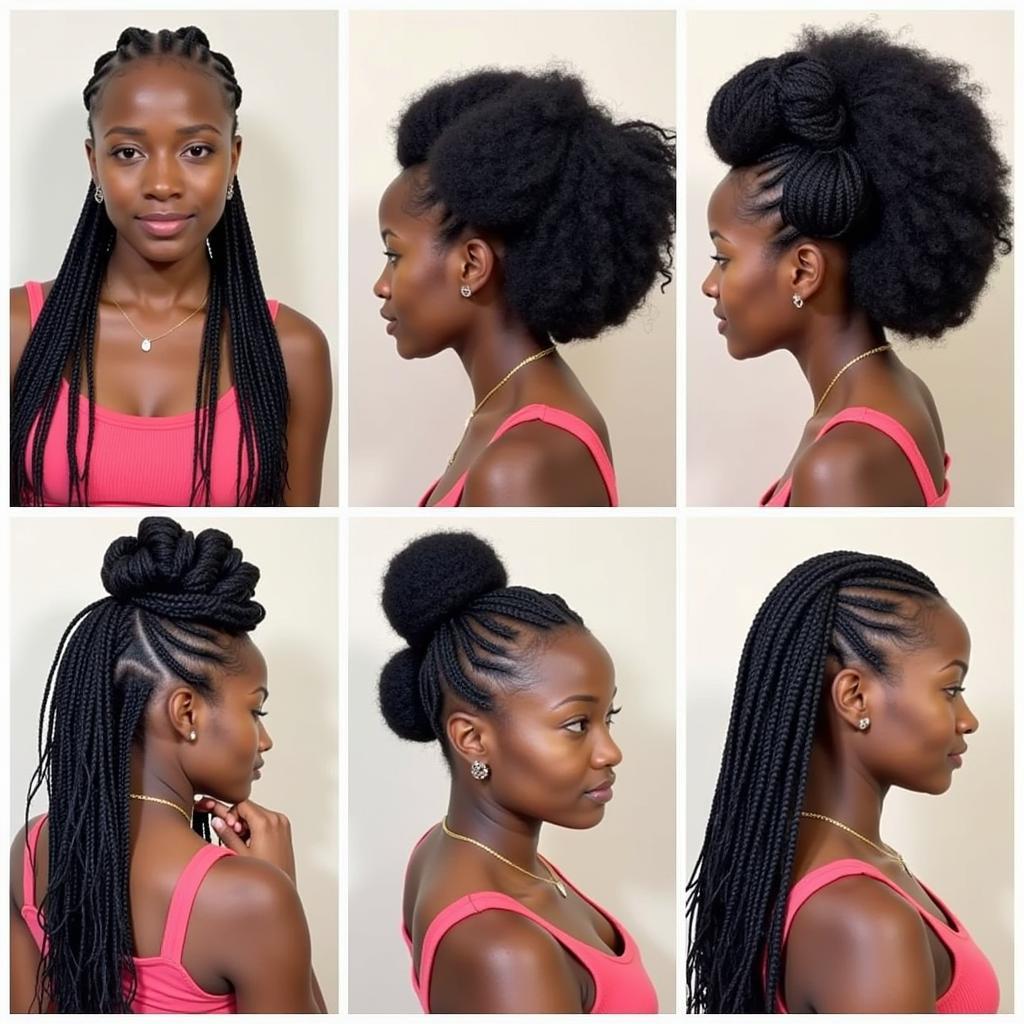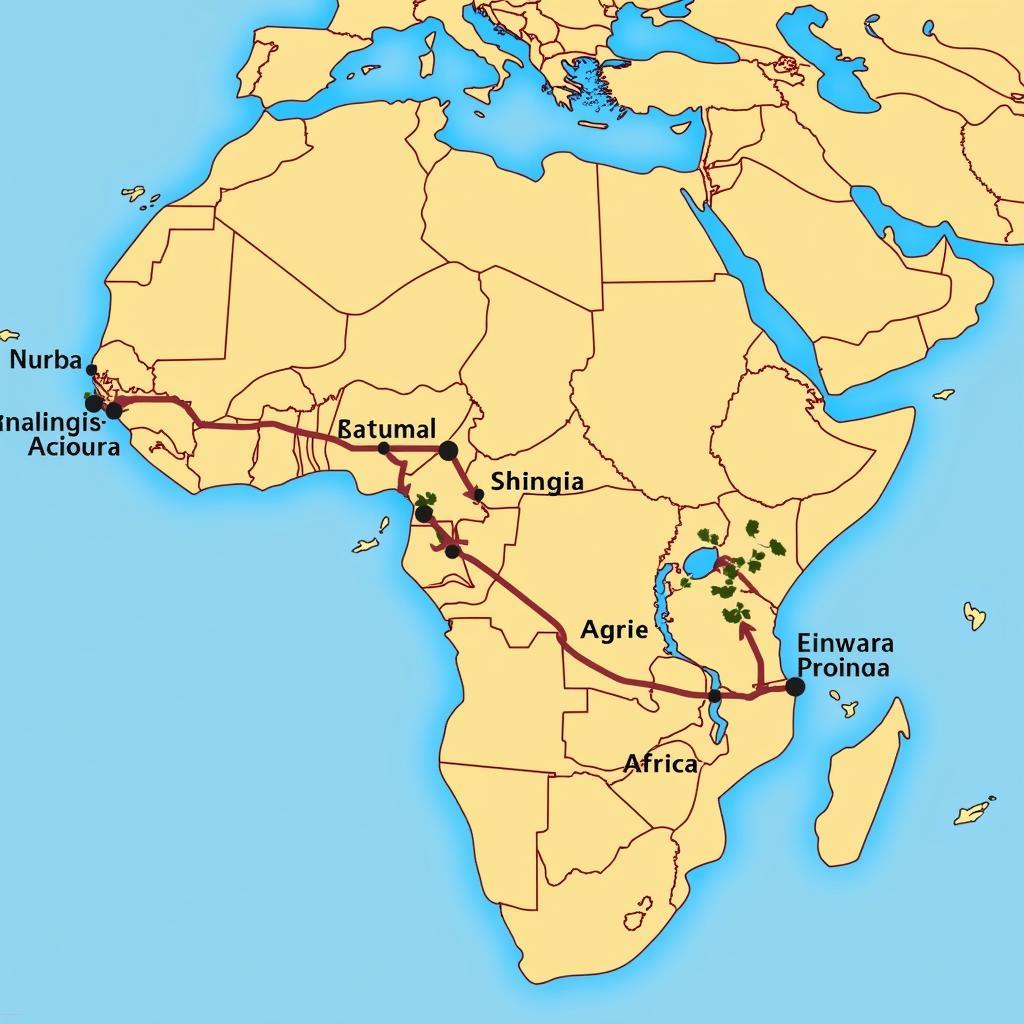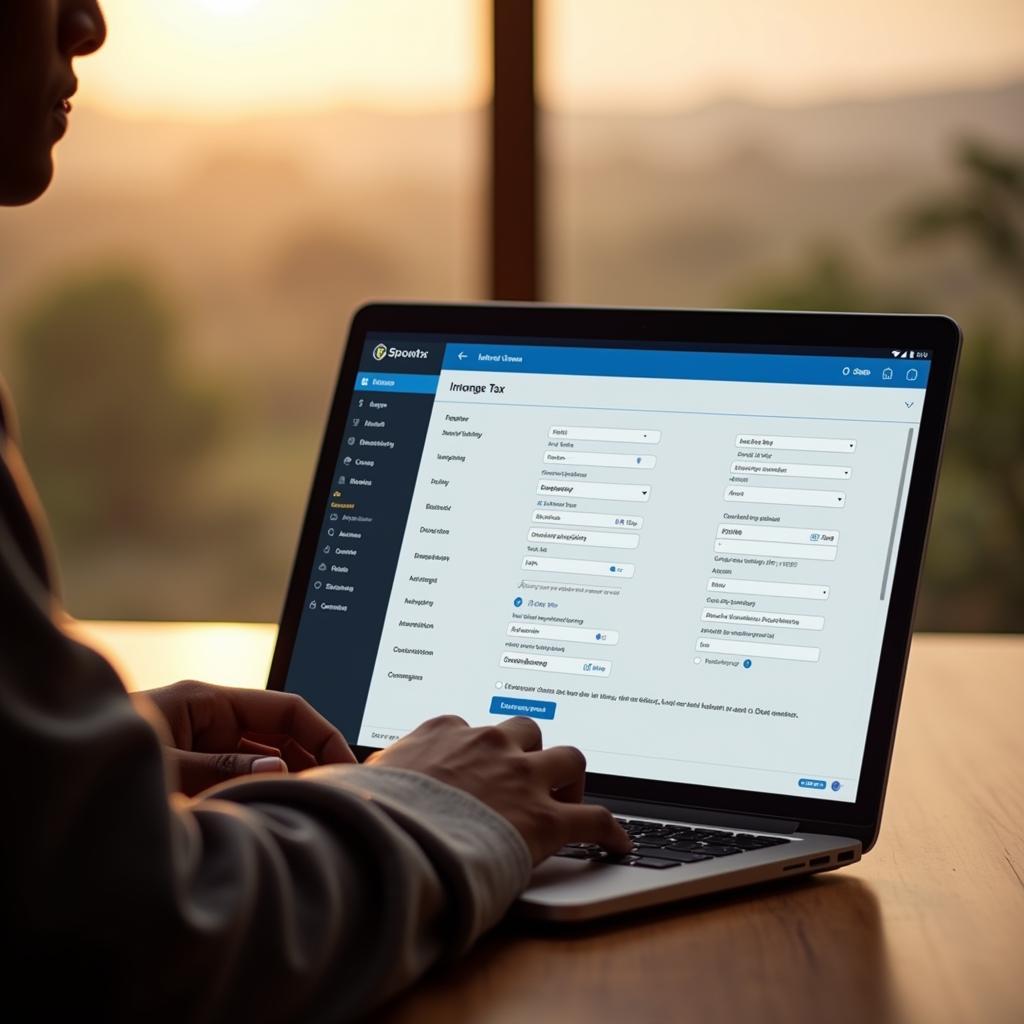African Braids Designs: A Journey Through Style and Culture
African Braids Designs are more than just hairstyles; they are intricate expressions of art, culture, and heritage, woven into the very fabric of African societies. From the vibrant streets of Lagos to the serene landscapes of the Serengeti, these unique designs tell stories of tradition, creativity, and individual expression. This article delves into the rich history and diverse world of African braids designs, exploring their cultural significance and offering insights into the latest trends.
A Rich Tapestry of Tradition: The History of African Braids
African hair braiding has ancient roots, dating back thousands of years. These styles weren’t just about aesthetics; they served as markers of social status, tribal affiliation, and even marital status. In many communities, african hair braiding was a social activity, passed down through generations from mothers to daughters, strengthening bonds and preserving cultural heritage. Different regions of Africa developed distinct braiding patterns, each with its own unique symbolism and meaning. For instance, cornrows, a popular style characterized by braids running close to the scalp, originated in different parts of Africa and were adapted to suit the environment and cultural practices.
What are some common misconceptions about African braids? Many people mistakenly believe that all African braids are the same. However, the reality is that there’s a vast array of styles, each with its own distinct name, technique, and cultural context. From Fulani braids adorned with beads to intricate patterns symbolizing community values, African braids are a testament to the continent’s diverse cultural landscape.
Exploring the Spectrum of African Braids Designs
From the classic cornrows to the trendy box braids, the world of African braids designs offers a plethora of options for every taste and occasion.  Popular African braids designs for women. Box braids, known for their square-shaped sections, provide a versatile base for a wide range of styling possibilities. Senegalese twists, characterized by their two-strand twisting technique, offer a sleek and elegant look. Crochet braids, a relatively newer style, provide a quick and easy way to achieve voluminous and textured braids.
Popular African braids designs for women. Box braids, known for their square-shaped sections, provide a versatile base for a wide range of styling possibilities. Senegalese twists, characterized by their two-strand twisting technique, offer a sleek and elegant look. Crochet braids, a relatively newer style, provide a quick and easy way to achieve voluminous and textured braids.
How do I choose the right African braids design for me?
Consider your hair type, face shape, and lifestyle when selecting an African braids design. If you have fine hair, smaller braids might be more suitable, while thicker hair can handle larger, bolder styles. Consult with a skilled braider to determine the best design for your individual needs and preferences.
Maintaining Your African Braids: Tips and Tricks
Proper maintenance is crucial for the longevity and health of your African braids. Regular moisturizing and gentle cleansing are essential to keep your scalp healthy and prevent dryness. Avoid excessive tension on your braids to prevent breakage and hair loss. What products should I use to maintain my African braids? Opt for lightweight, non-greasy products specifically designed for braided hair. Avoid heavy oils and creams, which can weigh down your braids and clog your pores.
african braids styles 2018 continue to inspire contemporary hairstylists.
African Braids: A Global Fashion Statement
African braids designs have transcended their cultural origins to become a global fashion phenomenon. Celebrities, influencers, and fashion enthusiasts around the world are embracing these styles for their versatility, beauty, and cultural significance. From runways to red carpets, African braids are making a bold statement, showcasing the power and beauty of African artistry.
“African braids are a powerful symbol of cultural pride and self-expression,” says Adaora Eze, a renowned hairstylist specializing in African braids. “They represent a connection to our heritage and a celebration of our unique beauty.” Another expert, Kofi Asante, a cultural historian, adds, “Braiding is not just a hairstyle; it’s a living art form, passed down through generations, carrying with it the stories and traditions of our ancestors.”
Conclusion: Embracing the Beauty of African Braids Designs
African braids designs are more than just hairstyles; they are a celebration of culture, creativity, and individual expression. From their rich history to their modern interpretations, these intricate designs continue to captivate and inspire. african cut hairstyles complement braids beautifully. Whether you’re looking to connect with your heritage or simply explore a new style, African braids offer a unique and powerful way to express yourself.
FAQ
- How long do African braids last? Typically, African braids can last anywhere from a few weeks to a couple of months, depending on the style, maintenance, and hair growth rate.
- Are African braids damaging to hair? When done correctly, African braids are not damaging to hair. However, excessive tension or improper installation can lead to breakage and hair loss.
- How do I prepare my hair for African braids? Wash and condition your hair thoroughly before getting braids. Make sure your hair is detangled and free of any product buildup.
- Can I swim with African braids? Yes, you can swim with African braids. However, it’s essential to rinse your braids thoroughly with fresh water after swimming and let them dry completely to prevent mildew and odor.
- How much do African braids cost? The cost of African braids varies depending on the style, complexity, hair length, and location.
Common Scenarios & Questions
-
Scenario: You have a special event coming up and want a unique hairstyle.
- Question: Which African braids design is best suited for formal occasions?
-
Scenario: You’re concerned about the time commitment involved in getting braids.
- Question: Which African braids styles are quickest to install?
Further Exploration
For more information on African hairstyles, check out our articles on african american cosmetology schools near me and african ebony pics.
Need assistance with your African braids designs? Contact us at +255768904061, email [email protected], or visit us in Mbarali DC Mawindi, Kangaga, Tanzania. We have a 24/7 customer service team ready to help.

